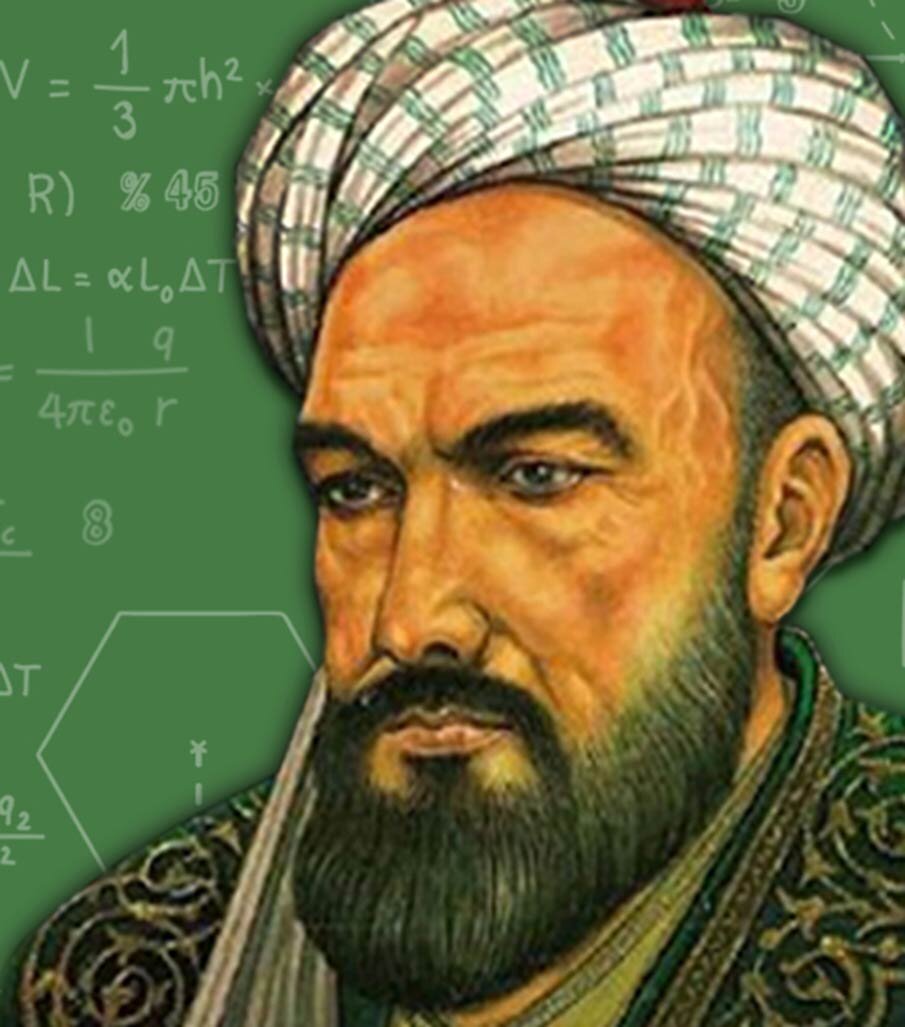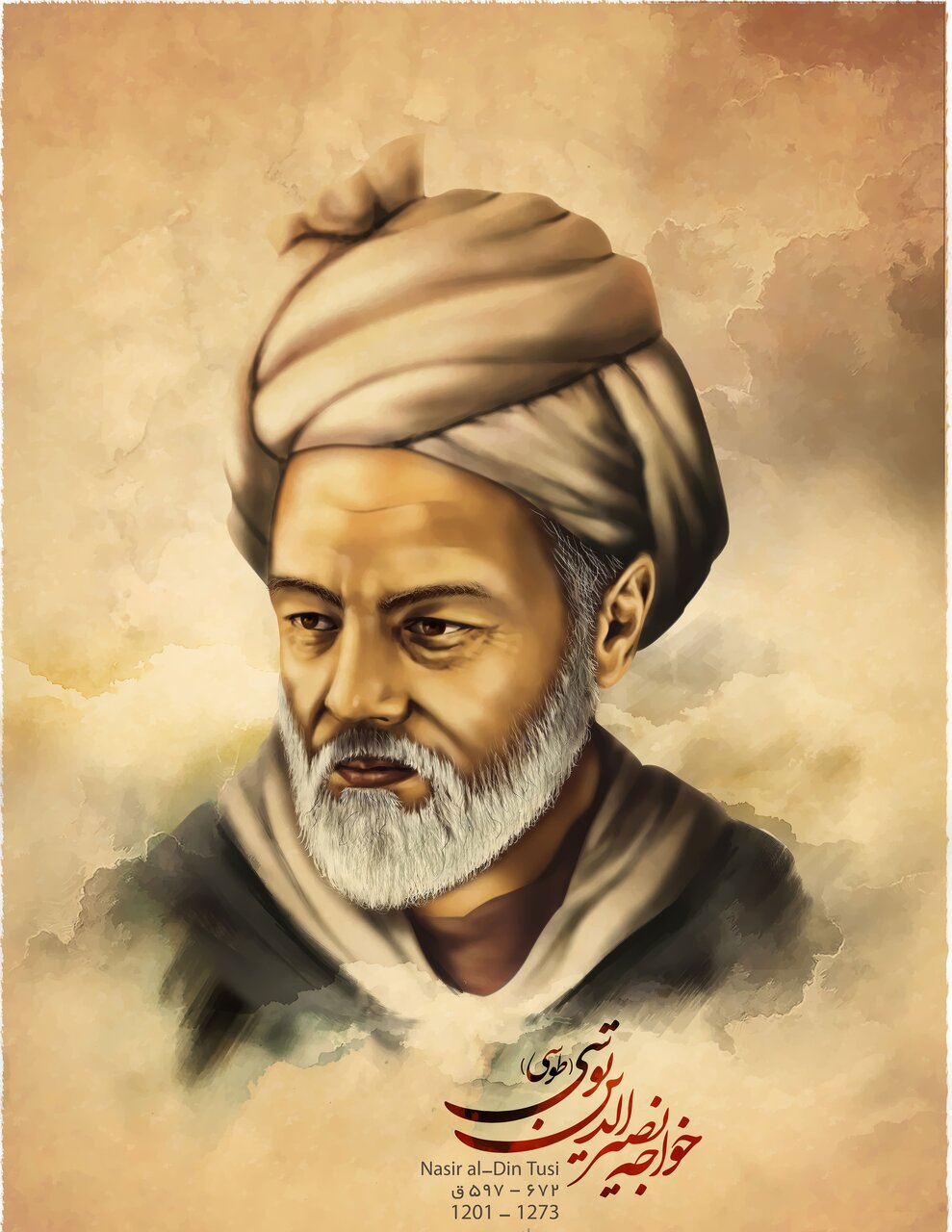Iran (IMNA) - Simultaneously, February 25th is also the commemoration day of the outstanding Persian philosopher, scientist, and mathematician, Nasir al-Din Tusi. Born in 1201 in the city of Tus, Iran, Tusi made significant contributions to various fields of study, including mathematics, astronomy, philosophy, and ethics. He is best known for his work on the development of trigonometry, as well as his contributions to astronomy and physics.
Nasir al-Din Tusi was a polymath who excelled in both academic and practical fields. He served as a court official for various rulers in the Middle East and played a crucial role in the establishment of the Maragheh Observatory, one of the most advanced astronomical observatories of its time. Tusi's works had a lasting impact on scientific thought in the Islamic world and beyond.

Nasir al-Din, the renowned Persian polymath, is also considered one of the most prolific authors of the Islamic Golden Age. He wrote over 150 books in Arabic and Persian, covering a wide range of subjects, including the Islamic religion. Among his many notable works are Arabic translations of ancient scholars such as Archimedes, Euclid, and Ptolemy.
In the Eastern world, Nasir al-Din is known as a "hakim" (wise man) and is cherished for his contributions to the evolution theory, as well as advancements in astronomy, mathematics, and trigonometry. He was the first scientist to write a treatise on spherical trigonometry independent from astronomy, titled Treatise of the Quadrilateral. His works helped establish trigonometry as a separate branch of mathematics, distinct from astronomy.
Nasir al-Din al-Tusi, an influential astronomer, is known for inventing the Tusi-couple, a geometrical technique designed to study the latitudinal motion of inferior planets. The Tusi-couple, created in 1247, replaced Ptolemy's equant and was later utilized by Nicolaus Copernicus in his work, De Revolutionibus. Al-Tusi's legacy includes the Treasury of Astronomy and the Ilkhan Tables, completed in 1272, which accurately depict planetary movements. Furthermore, al-Tusi's astronomical instruments, like the astrolabe, were crucial in Islamic astronomy. He was the first to suggest that the Milky Way was made of small, clustered stars, a discovery later confirmed by Galileo Galilei. Al-Tusi died on June 26, 1274, in Baghdad at the age of 73.



Your Comment